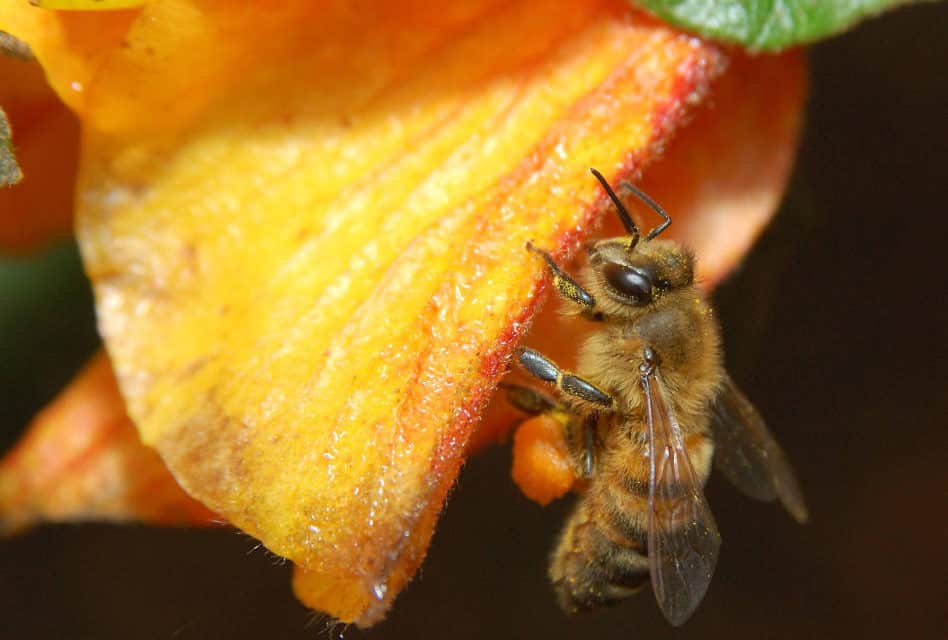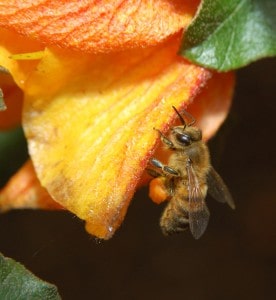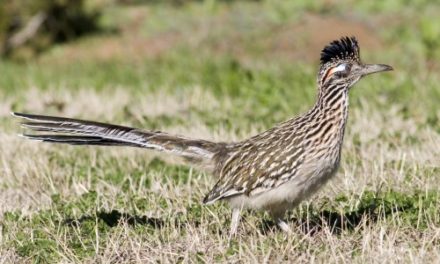By Melissa Wynn
Everyone loves sweet sticky honey. Most of us know that we have the busy little honey bee to thank each time we indulge ourselves with this golden ancient treat. Honey Bees however give us so much more than honey. These tiny workaholics are perfectly designed to pollinate many of the fruit and vegetable crops consumed in America. Each Spring when fruits and veggies are in blossom each flower must be pollinated to bear fruit. No pollinator, no goodies.
The body of the always female worker honey bee, is a pollen moving machine. Small hairs covering the bee become charged with static electricity as she buzzes through air. Therefore, when she touches down on a flower pollen clings to her like socks cling to the towels in the dryer. As if that were not enough, our little lady often gets a crown of pollen placed upon her head as she gathers her nectar reward from the flower. She will trade this for a new hat at the next blossom. The fine hairs on the legs of the hurrying honey bee gather and drop off pollen at each flower as she walks around as well. She gathers her nectar for honey making and in the process pollinates crops for millions of hungry humans.
During the 1980s, a pear growing region of China, lost their entire population of honey bees to pesticides. High demand for the pears and orders from their government forced the human keepers of the pear orchards to pollinate every blossom in the orchard by hand. This tedious and time consuming process is completed by dusting the center of each flower on every tree with gathered and dried pollen using a piece of bamboo outfitted with a “brush” made of chicken feathers. Can you imagine hand dusting hundreds of acres of apple trees or blueberry bushes?
As the buzz about their day the happy, humble honey bee keeps the produce coming to dinner tables all around the world. Like all true workaholics, honey bees work overtime and ask nothing in return for all their hard work. Keep buzzing the blossoms little honey bee, I like both lemon and honey in my tea.
backyardbeekeepers.com
pbs.org/nature












